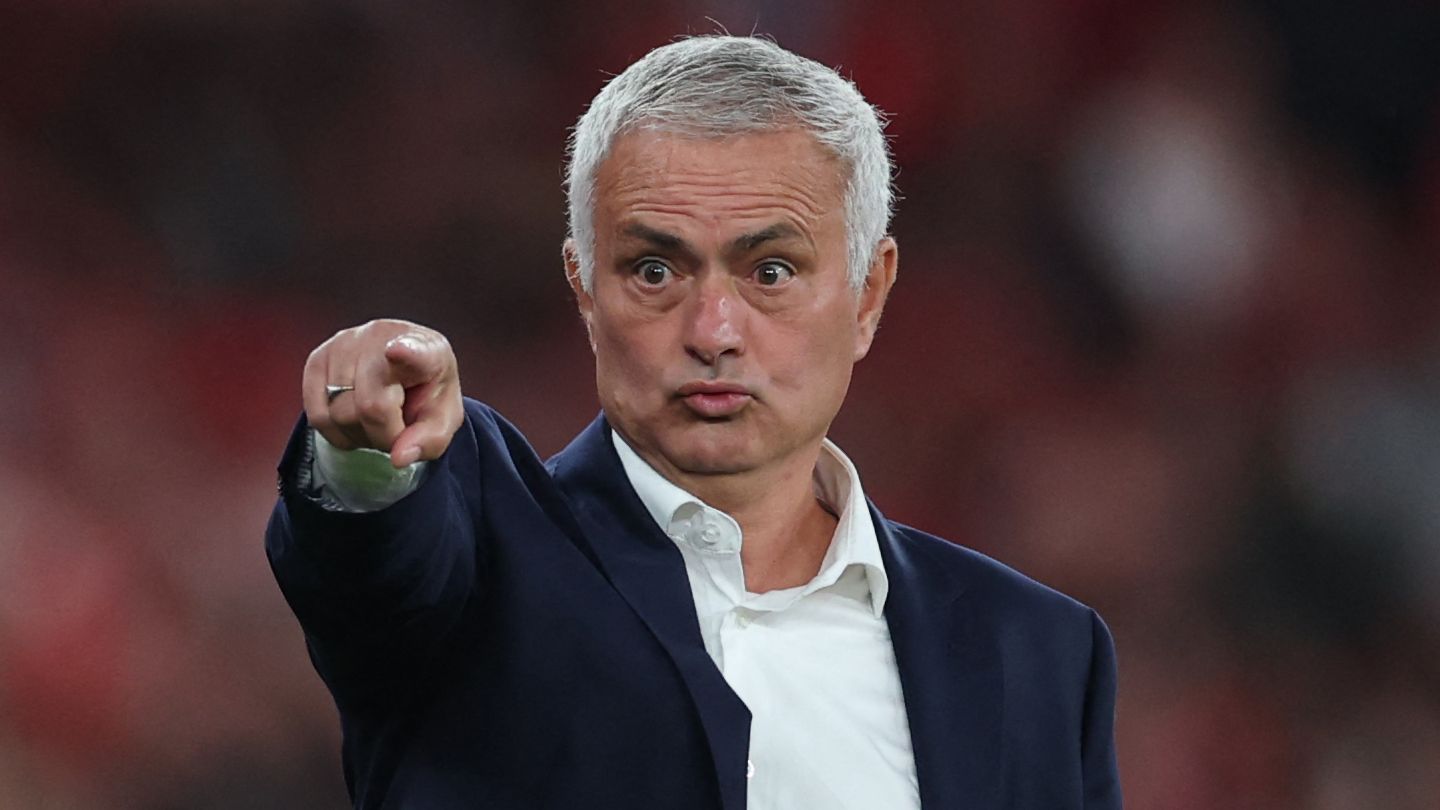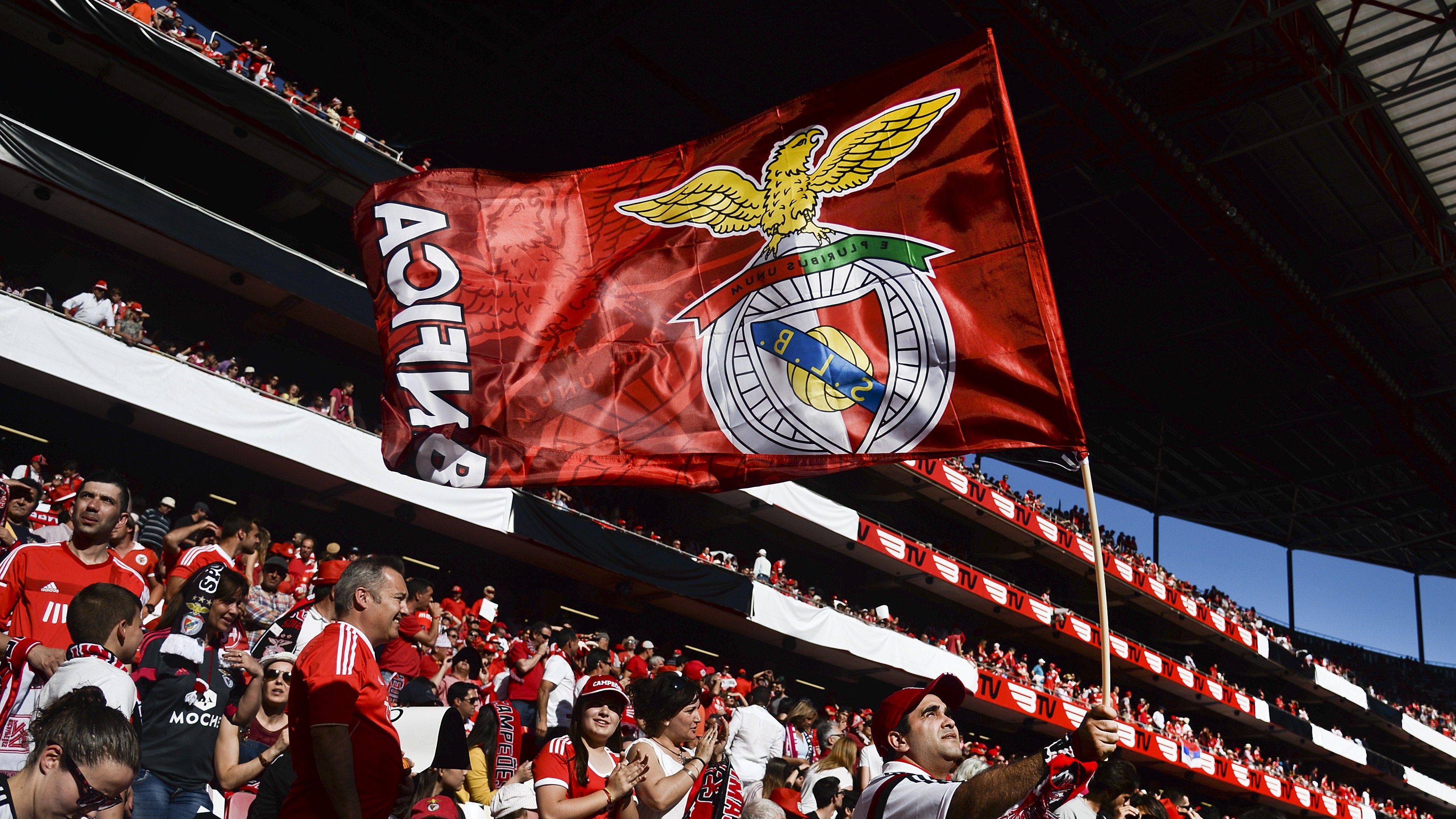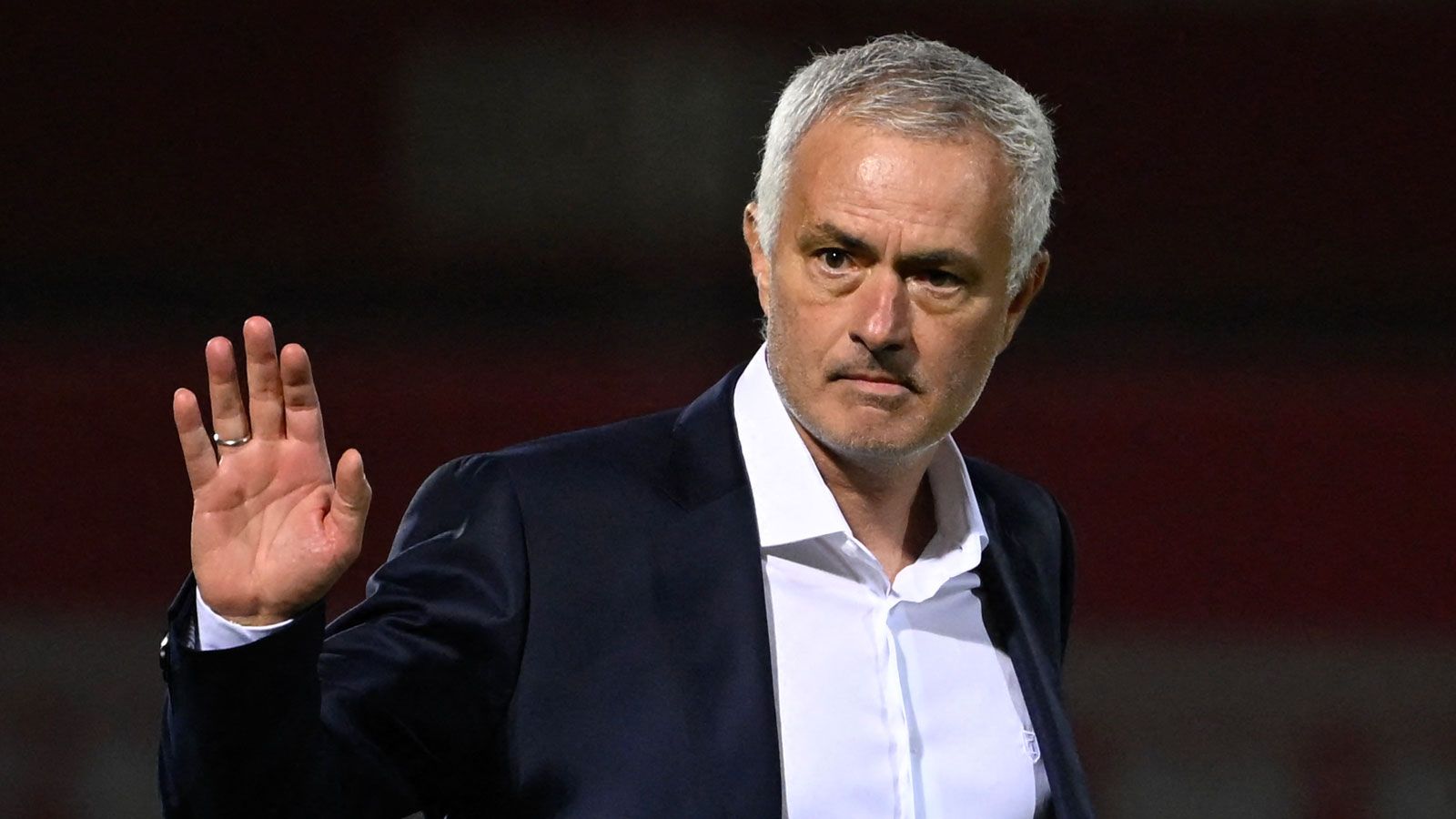Benfica Rallies in Support of Mourinho During Intense Referee Debates
In a bold move that underscores the mounting tensions in Portuguese football, Benfica has publicly challenged refereeing inconsistencies, standing firmly with Jose Mourinho amid a heated dispute. This episode highlights the club’s frustration with recent match decisions, spotlighting potential biases that could influence outcomes in the league.
Benfica’s Critique of Recent Refereeing Inconsistencies
The club actively shared details on social platforms about two disputed calls occurring over a brief period. They emphasized an overlooked foul against Antonio Silva prior to a goal in their encounter with Gil Vicente, drawing a sharp contrast to the invalidation of their own score due to a seemingly trivial contact in the game versus Rio Ave. This public expression of discontent arises as officials face greater examination, particularly after Mourinho’s pointed remarks labeling referee Sergio Guelho as lacking resolve.
Key Statements from Benfica’s Official Declaration
On Saturday, Benfica issued a formal declaration, urging the Refereeing Council to establish uniform standards for officiating. The statement noted that during their recent fixture against Rio Ave, a goal was overturned based on what appeared to be an insignificant violation. In contrast, Gil Vicente’s opening goal followed a clear hit to Antonio Silva’s Achilles tendon, yet no penalty was enforced.
This statement further questioned the Refereeing Council’s approach, asking what insights they might gain from such inconsistent rulings within days. Benfica asserted that these repeated decisions, which consistently disadvantage them, must face accountability to maintain fairness in the sport.
Mourinho’s Ongoing Battle and Its Wider Impact
Benfica’s formal position emerges as Mourinho undergoes scrutiny for his earlier statements regarding Sergio Guelho. The coach defended his freedom to assess officials’ actions as a fundamental right after his team’s contentious draw with Rio Ave, with the club now demonstrating clear solidarity as he contests perceived unfair treatment toward Benfica.
Potential Repercussions for Mourinho and the League
Authorities within the Portuguese Refereeing Council are likely to examine these events and may issue a response to Benfica’s claims. Meanwhile, Mourinho risks disciplinary measures, such as a monetary penalty or a sideline prohibition, stemming from his prior comments. Should a suspension occur, he would be absent for the high-stakes matchup against his former team, Porto, at the Dragao stadium, adding another layer of intrigue to the season.



Benfica’s Stance on the Referee Dispute
Football fans and clubs often find themselves at odds with referees, and the recent case involving SL Benfica and Jose Mourinho has sparked heated discussions across the sports world. At the heart of this issue is Benfica’s firm backing of Mourinho, who has long been vocal about refereeing decisions affecting his teams. The Portuguese club is pushing for referees to face real consequences for perceived biases or errors, a move that’s resonating with fans and highlighting the need for accountability in the game.
Understanding the Dispute
Jose Mourinho, the iconic manager known for his tactical genius and fiery personality, has a history of clashing with officials over calls that he believes unfairly impact match outcomes. In this instance, Benfica has stepped up to support Mourinho’s claims, arguing that referees must be held to higher standards. This support stems from a broader frustration within the football community about inconsistent officiating, which can sway results in high-stakes games like those in the Champions League or domestic leagues.
Benfica’s position isn’t isolated; it’s echoed in fan forums where supporters debate the finer points of referee decisions. For example, discussions on Benfica’s online community reveal how fans analyze past matches, such as the Chelsea FC versus SL Benfica game, where controversial calls were a hot topic[başvurmak:[başvurmak:https://serbenfiquista.com/forum/index.php?topic=72456.2130]. These conversations show that Benfica loyalists are united in their belief that poor officiating shouldn’t go unpunished, drawing parallels to Mourinho’s experiences.
Fan Reactions and Community Insights
The Benfica fanbase has been particularly vocal, turning to blogs and forums to express solidarity with Mourinho. These platforms serve as a digital gathering spot for supporters to share their views on current events, including referee disputes. From what we’ve seen in recent posts, fans are not just complaining-they’re calling for systemic changes, like better training for officials or independent reviews of contentious decisions.
One recurring theme in these discussions is the idea that clubs like Benfica, with their rich history, have a responsibility to lead the charge. If you’re a football enthusiast, you might have come across threads where users dissect match footage, pointing out moments that could have altered the game’s flow. This kind of engagement keeps the conversation alive and demonstrates why fan input is crucial in pushing for reforms.
Benefits of Holding Officials Accountable
Standing up to refereeing errors, as Benfica is doing, brings several advantages to the sport. First off, it promotes fairness, ensuring that every team gets a level playing field regardless of the competition level. Imagine if more clubs followed Benfica’s lead-games could become more predictable and enjoyable, reducing the frustration that often leads to post-match drama.
Another benefit is the potential for improved fan loyalty. When clubs actively fight for justice, it builds trust and excitement among supporters. For instance, Benfica’s proactive stance could inspire other teams to advocate for video review technologies or faster appeal processes, ultimately making football a more transparent game.
Practical Tips for Football Clubs and Fans
If you’re involved in football, whether as a club administrator, coach, or fan, here are some practical ways to address referee disputes effectively:
- Document incidents thoroughly: Keep detailed records of controversial calls, including video evidence and timestamps. This can strengthen your case when appealing to governing bodies.
- Engage with fan communities: Use online forums like Benfica’s to gather supporter testimonials and build a collective voice. It’s a great way to amplify demands for change without escalating tensions.
- Advocate for technology: Push for tools like VAR (Video Assistant Referee) to be used more consistently. Clubs can lobby leagues to invest in better tech, reducing human error in real time.
- Foster respectful dialogue: Encourage managers like Mourinho to express concerns constructively, focusing on solutions rather than personal attacks. This keeps the conversation productive and professional.
By implementing these tips, clubs can turn disputes into opportunities for growth, making the game better for everyone involved.
Case Studies from Football History
Looking at past examples, we can see how similar disputes have shaped the sport. Take Mourinho’s own career: during his time at Chelsea, he famously criticized referees over decisions in Premier League matches, leading to fines but also sparking debates that influenced rule changes. Benfica’s current support mirrors this, showing how one manager’s fight can inspire an entire club.
Another case study involves European competitions, where teams like Benfica have faced officiating controversies in the UEFA Champions League. Historical analyses from fan blogs highlight how these incidents affected outcomes, underscoring the long-term impact on team morale and performance[başvurmak:[başvurmak:https://serbenfiquista.com/blog_posts]. These examples prove that when clubs demand accountability, it can lead to broader reforms, such as enhanced training programs for referees.
First-Hand Experiences from the Benfica Community
Drawing from real discussions in Benfica’s forums, it’s clear that fans feel a personal connection to these issues. One user shared how a disputed call in a recent match left them frustrated, echoing Mourinho’s sentiments about the need for consequences. Posts from the community elections thread even tie into this, with fans expressing a desire for club leadership to prioritize such matters[başvurmak:[başvurmak:https://serbenfiquista.com/forum/index.php?topic=70622.23955]. It’s stories like these that make the dispute feel immediate and relatable, reminding us that football isn’t just about the pros-it’s about the everyday fans who live and breathe the game.
In essence, Benfica’s backing of Jose Mourinho in this referee dispute is a call to action for the entire football world. By insisting on consequences for officials, they’re not just defending one manager; they’re advocating for a fairer sport that benefits players, clubs, and fans alike. If you’re passionate about football, keep an eye on how this unfolds-it could be the start of something big.









